A l'UM la science [S01-ep24]: From gas purification to the cold laboratory
This week on A l'UM la science, Guillaume Maurin, a researcher at theCharles Gerhardt Institute in Montpellier, is our guest. He and his team have just developed a new membrane to improve the economic and ecological cost of gas purification. In the second half, Bernard Mongellaz takes us on a tour of the University of Montpellier's refrigeration laboratory.
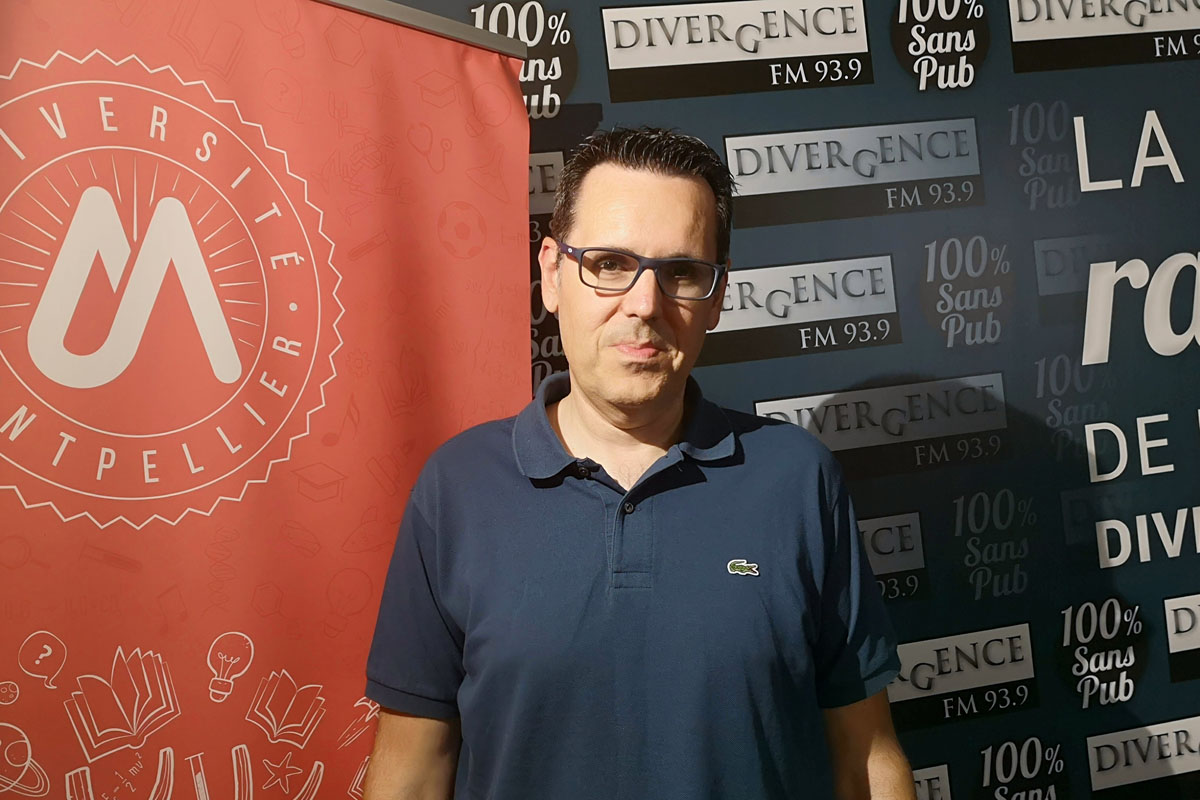
In France, natural gas accounts for 19.2% of final energy consumption. Of all fossil fuels, natural gas can be considered one of the least polluting, emitting 25% less CO2 than oil and half as much as coal. Nor does it emit dust, smoke, heavy metals or waste.
Admittedly, natural gas isn't exactly a green energy either, especially when it comes to shale gas, but given the current energy and geopolitical context, it's a safe bet that its share of the French energy mix will increase in the years to come.
All the more so as, alongside natural gas, there is a promise of a far more interesting ecological potential: biogas. At present, biogas accounts for just 1% of consumption in France, but better waste management, coupled with an effective sorting policy, could make biogas a genuine ecological alternative.
One problem remains: biogas, like natural gas, cannot be exploited in its raw state and requires a purification stage. This industrial process is costly in terms of energy, and therefore both economically and ecologically.
Guillaume Maurin is a researcher at the Charles Gerhardt Institute in Montpellier. In collaboration with Chinese and Saudi teams, he has just developed a new membrane that could transform natural gas and biogas purification processes and reduce energy costs. Their results have just been published in the journal Science, with more to come in Nature.
Read more:
- MOFs/polymer hybrid membranes for natural gas purification - CNRS Press Release
- Rational design of mixed-matrix metal-organic framework membranes for molecular separations in Science
In the second half of the show, we take you to the cold laboratory, where Bertrand Mongellaz tells you all about the liquefaction of a gas that is indispensable to the practice of science: helium. His secret base is called the cold laboratory.
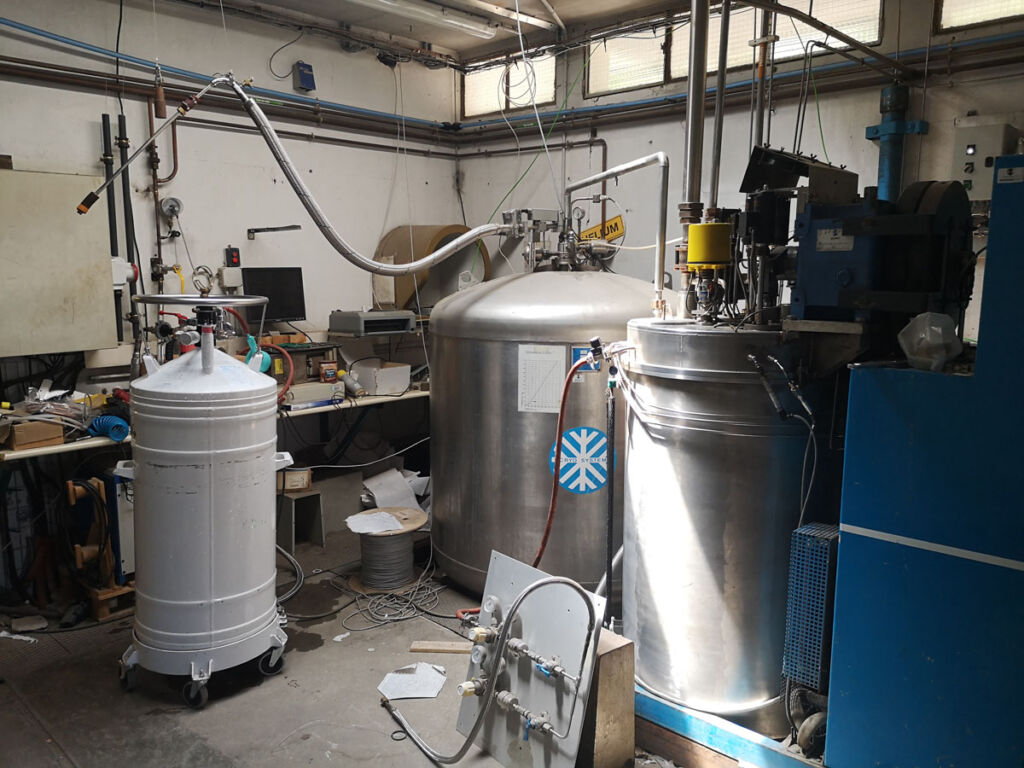
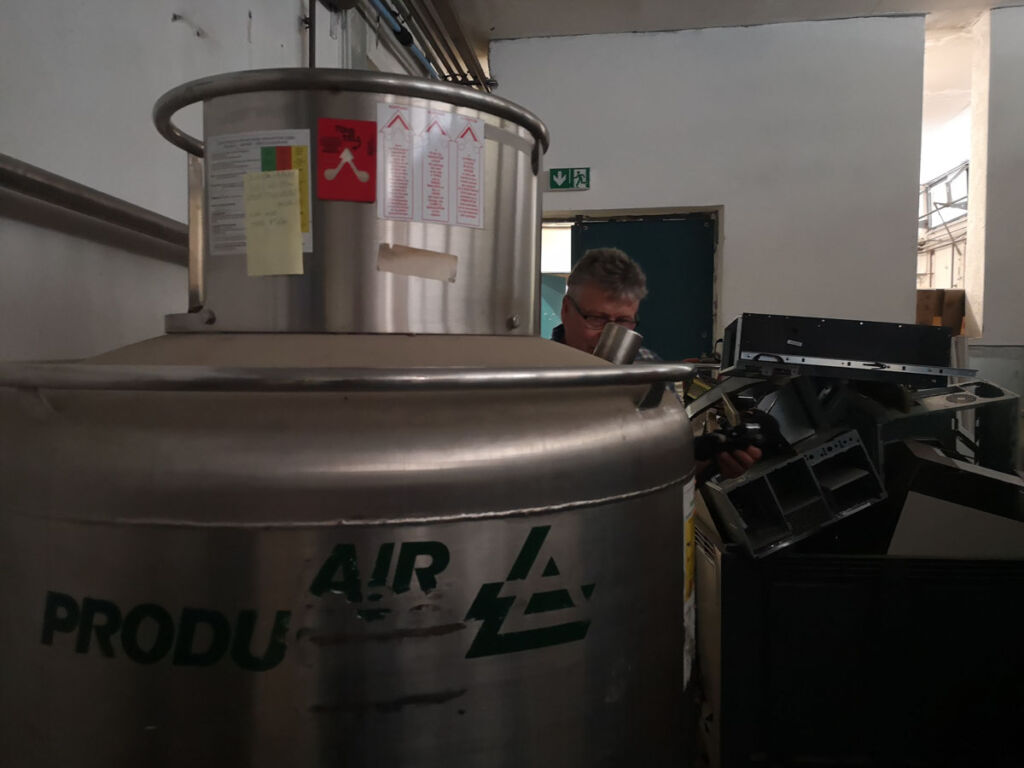
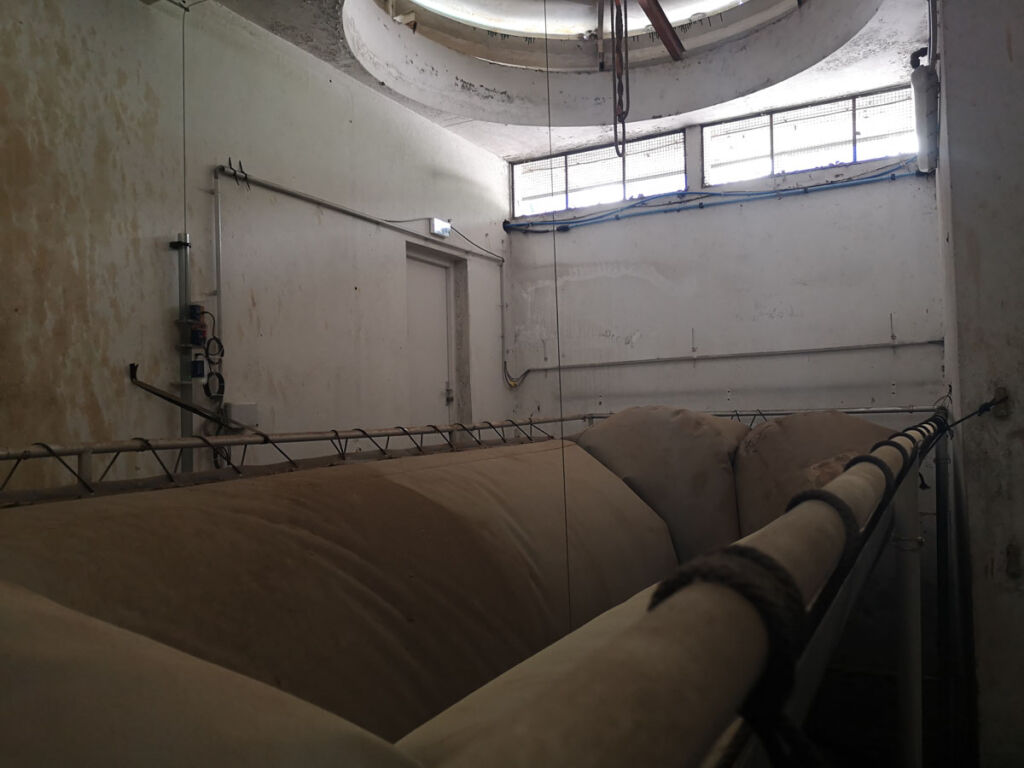
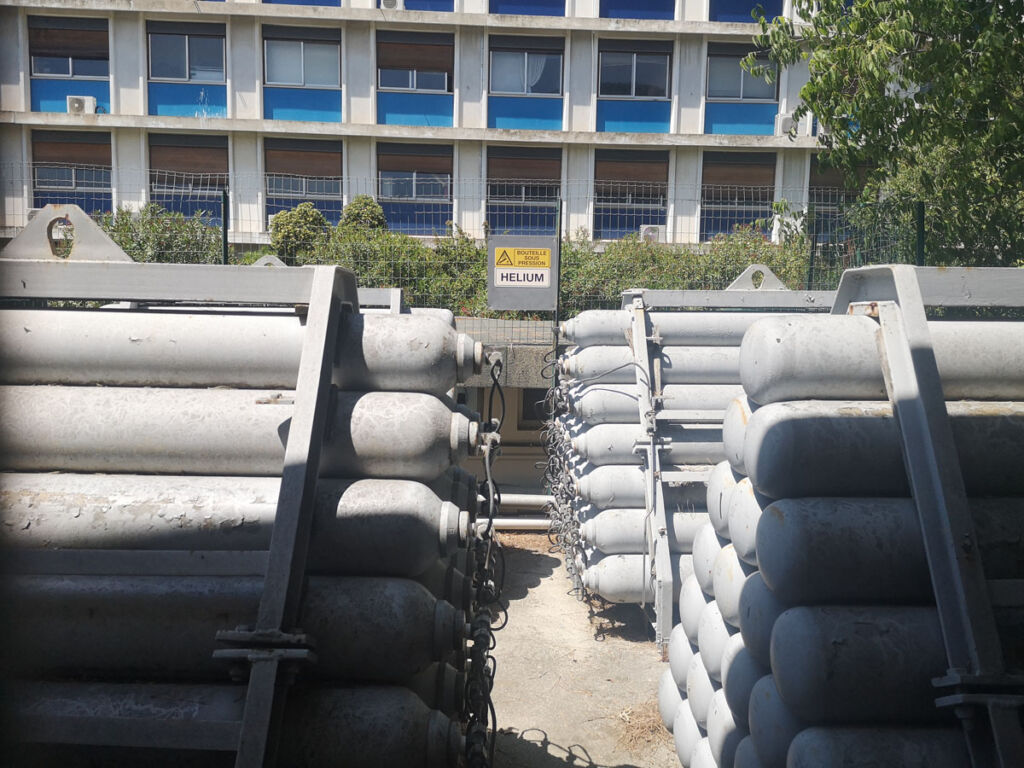
At UM la science you've got the program, let's go!
Production: Université de Montpellier/Divergence FM
Animation : Lucie Lecherbonnier
Interviews: Aline Périault/Lucie Lecherbonnier
Reporting and editing: Lucie Lecherbonnier
Production: Adeline Floch'
Listen to the "A LUM LA SCIENCE" program on Divergence FM 93.9

UM podcasts are now available on your favorite platforms (Spotify, Deezer, Apple podcasts, Amazon Music...).